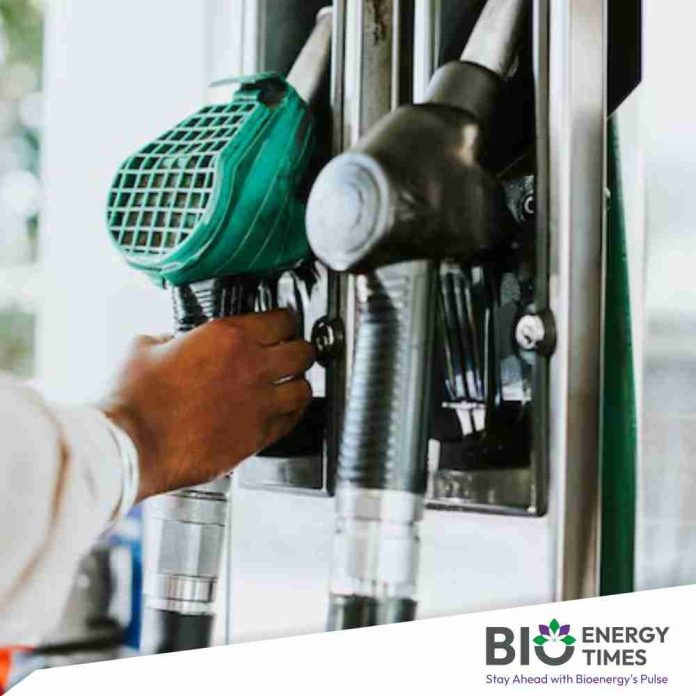The Ministry of Industry and Trade (MOIT) has released a draft circular outlining Vietnam’s roadmap for increasing biofuel use, with mandatory nationwide adoption of E10 gasoline set to begin on January 1, 2026, reports Vietnamnet Global.
Under the proposal, all gasoline produced, blended, and sold for vehicles will be E10—gasoline with 10% ethanol. From 2031, the mandate will rise to E15 or higher ratios, depending on vehicle technology, fuel supply conditions, and energy security requirements. Until then, organizations and individuals are encouraged to produce, blend, and use biodiesel options such as B5 and B10.
Vietnam is expected to need around 1.5 million cubic meters of ethanol annually for blending, based on projected gasoline demand of 15 million cubic meters in 2024. Officials say the country already has sufficient capacity to meet this requirement.
The ministry emphasized that greater biofuel use supports Vietnam’s green growth goals, clean energy adoption, and its 2050 net-zero commitment. Studies indicate E10 can cut CO2 emissions by 3–5% compared with traditional gasoline. Applied to 10 million tons of annual consumption, that reduction could reach 640,000–800,000 tons of CO2 each year—six to eight times higher than the reductions achieved with E5.
Beyond climate benefits, biofuels lower toxic emissions such as CO, HC, and NOx, improving air quality in heavily polluted urban centers like Hanoi and Ho Chi Minh City.
Addressing concerns over engine safety, MOIT cited automakers including Toyota, Honda, and Ford, as well as the Society of Automotive Engineers, in confirming E10 is safe for all modern engines. Vietnam’s own tests show no negative impact on engine durability when standards are met.
E10 has already been adopted successfully abroad. Thailand introduced it nationwide in 2007 and phased out pure gasoline by 2013, with no adverse effects on vehicle performance. Similarly, the US Renewable Fuels Association notes E10 has been used for over 20 years without issues.
According to recent surveys by Petrolimex, Toyota, and Honda, vehicles in Vietnam also run smoothly on E10. MOIT says the transition will protect engines, reduce maintenance costs, and extend vehicle lifespans thanks to E10’s higher octane rating.















